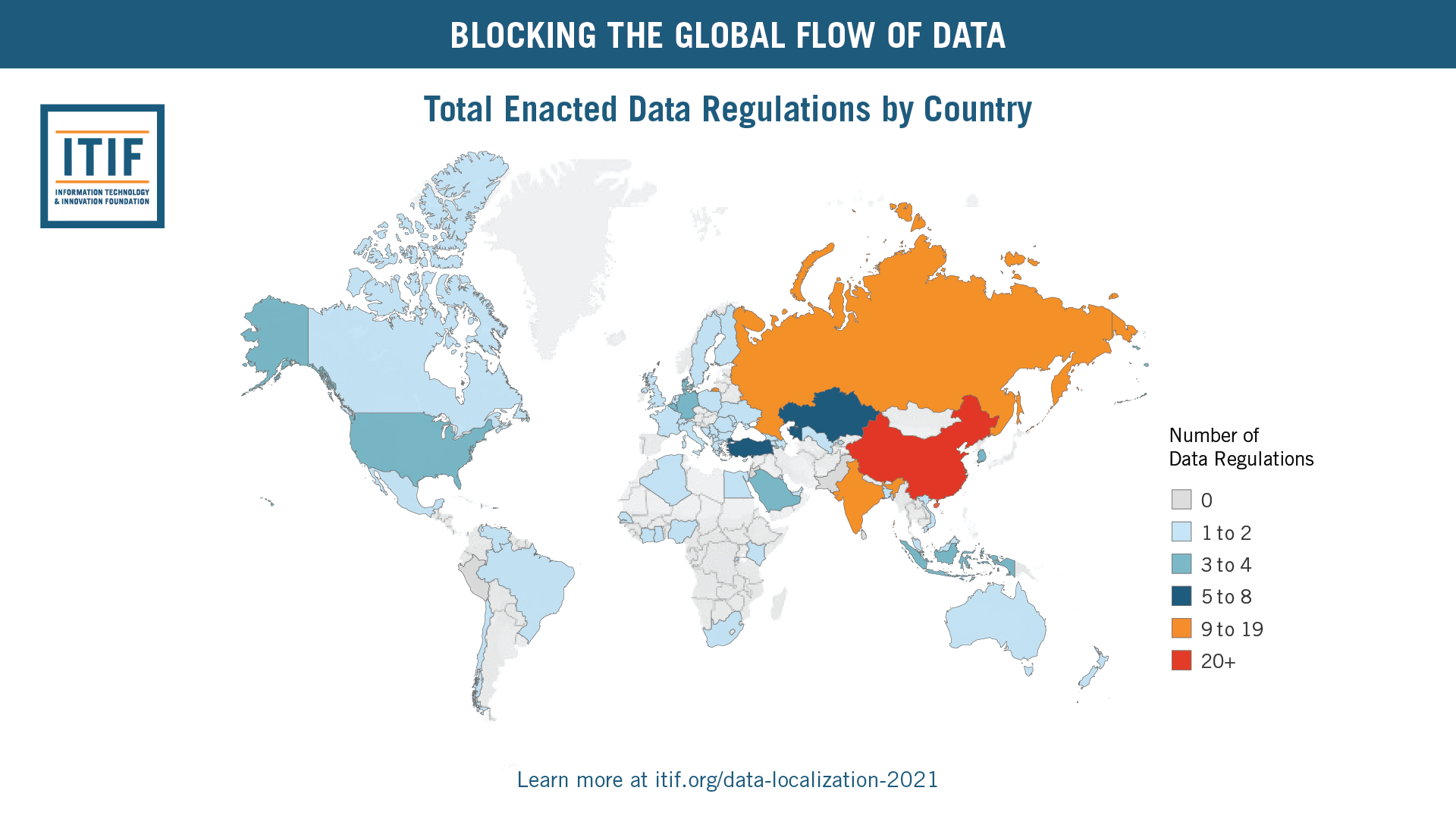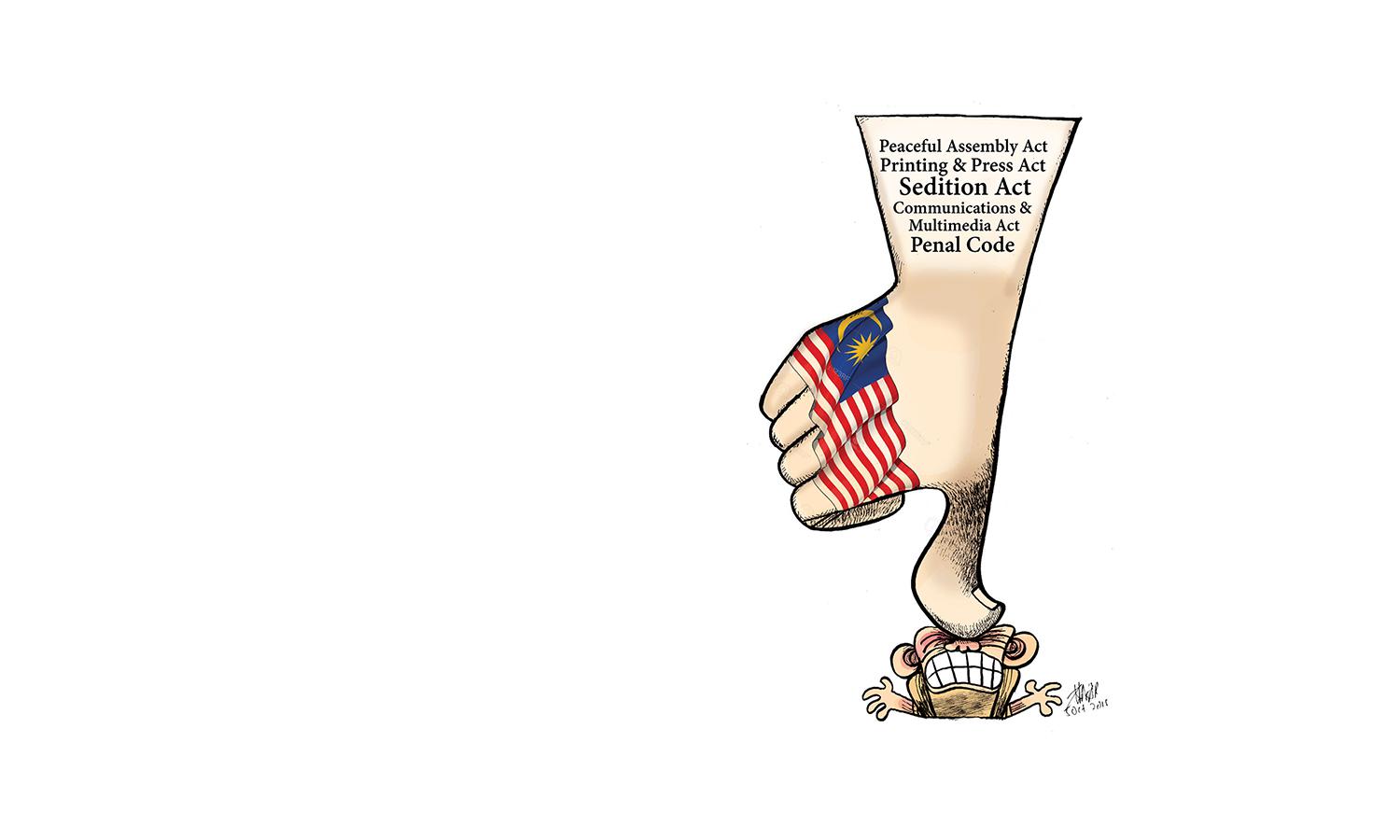

Some may feel as a matter of principle that the government shouldn’t be able to view their private information simply because they choose to travel internationally.įor doctors, lawyers, and many business professionals, these border searches can compromise the privacy of sensitive professional information, including trade secrets, attorney-client and doctor-patient communications, research and business strategies, some of which a traveler has legal and contractual obligations to protect. Some travelers may have repeated difficulties crossing the border, and wish to take proactive steps to protect their data in light of their past experiences. People may have sensitive personal information on their devices such as medical records, financial documents, and years of correspondence with family, friends and business associates. Why might people want to protect their data at the border?Business travelers, lawyers, doctors, or other professionals may have confidential or privileged information on their laptops that they don’t want others to see or that they are obligated by law or contract to protect. government can take an electronic device, search through all the files, and keep it for a while for further scrutiny – without any suspicion of wrongdoing whatsoever. But those privacy protections don’t safeguard travelers at the U.S. Constitution, the government generally can’t snoop through your laptop for no reason.

Thanks to protections enshrined in the U.S. Our lives are on our laptops – family photos, medical documents, banking information, details about what websites we visit, and so much more.

We published a new version in March, 2017.

If the root is stuck, dig into the soil with a spade at an angle, toward the center of the root.


 0 kommentar(er)
0 kommentar(er)
